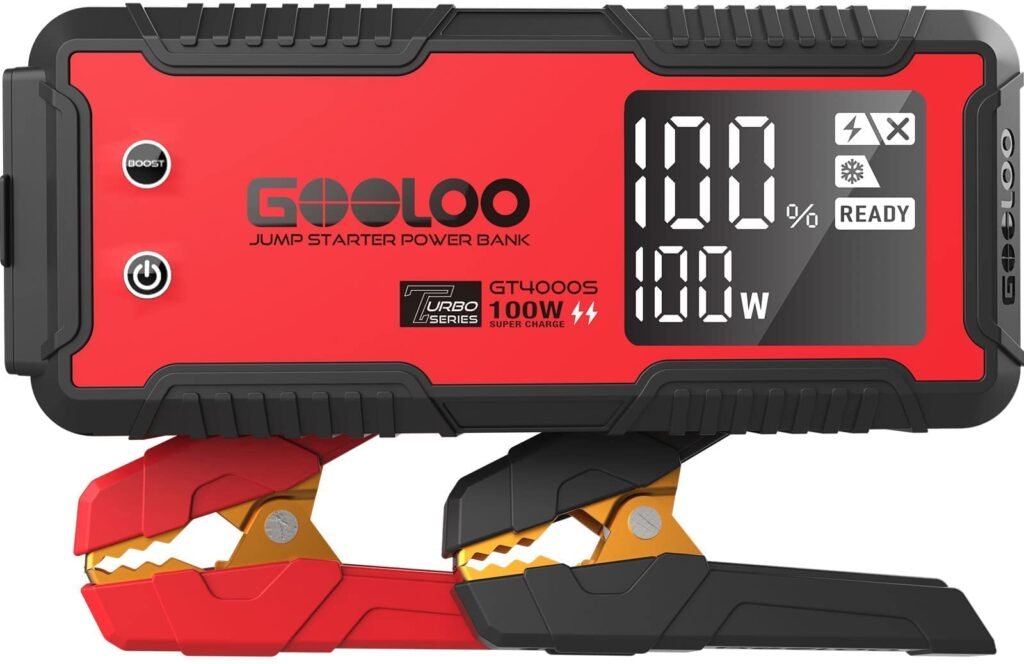Battery Booster Pack
A battery booster pack, often referred to as a jump starter, is a compact, portable device designed to deliver a short burst of high-current power to a vehicle’s dead battery. This surge of power enables the engine to start, negating the need for another vehicle or traditional jumper cables. Battery booster packs have become essential tools for drivers, offering a convenient solution to the all-too-common problem of a dead car battery. Their popularity has surged due to their practicality, ease of use, and the increasing number of electronic devices that drain car batteries.
Modern battery booster packs come in various sizes and capacities, typically featuring lithium-ion or lead-acid batteries. Lithium-ion booster packs are favored for their lightweight, compact design, and superior energy density. They can hold a charge for extended periods, making them reliable for emergency situations. Lead-acid models, while heavier and bulkier, are often more affordable and robust, providing a higher power output suitable for larger vehicles like trucks and SUVs. Both types include essential safety features such as reverse polarity protection, short-circuit prevention, and overload protection to ensure safe operation.
The functionality of a battery booster pack extends beyond merely jump-starting a car. Many modern units are equipped with additional features such as built-in flashlights, USB ports for charging mobile devices, and air compressors. This multifunctionality makes them versatile tools for a range of emergency situations. For instance, the flashlight can be invaluable in nighttime breakdowns, while the USB ports ensure that smartphones and other gadgets remain operational. The air compressor feature, although less common, adds an extra layer of utility by enabling users to inflate tires on the go.
Using a battery booster pack is straightforward, even for those with limited mechanical knowledge. To jump-start a vehicle, the user simply connects the booster pack’s positive and negative clamps to the corresponding terminals on the car battery, ensuring a secure and correct connection. Once connected, the booster pack is activated, delivering the necessary power to start the engine. This process typically takes just a few minutes, after which the vehicle’s alternator can take over, recharging the battery during normal operation.
In addition to their practical benefits, battery booster packs provide significant peace of mind. Knowing that one can quickly and safely address a dead battery without relying on roadside assistance or the help of strangers is empowering. This is particularly important in remote areas or during extreme weather conditions where help may not be readily available. As technology continues to evolve, we can expect battery booster packs to become even more efficient, compact, and integrated with smart technology, further enhancing their role as indispensable tools for modern drivers.

